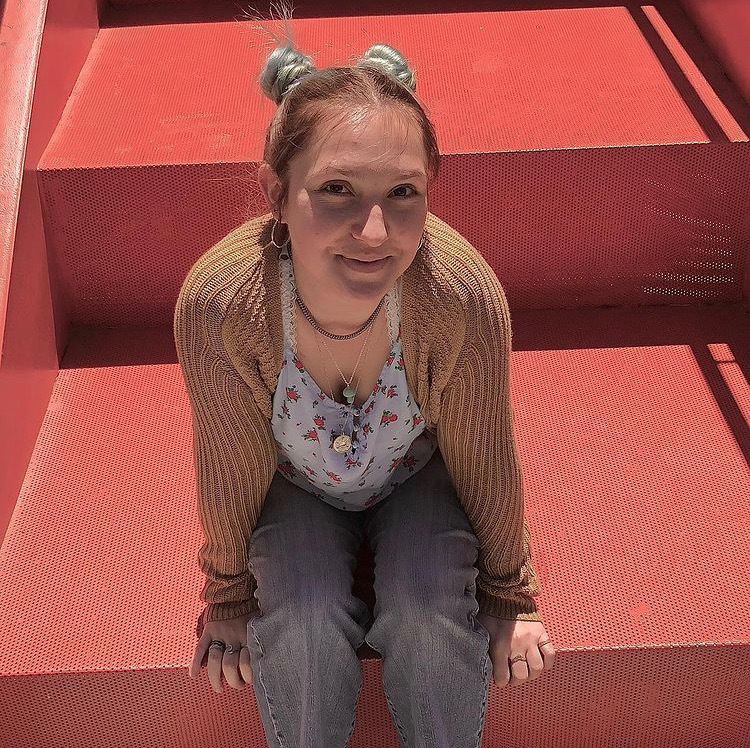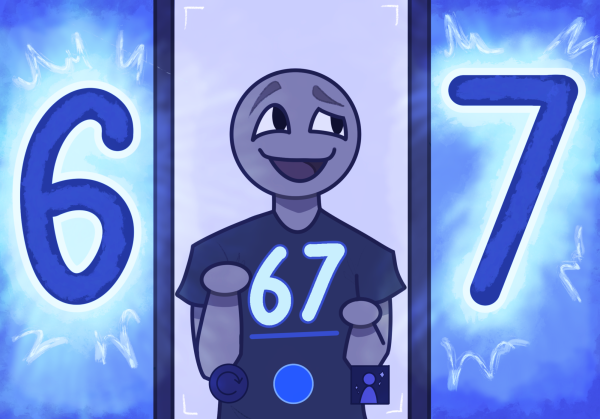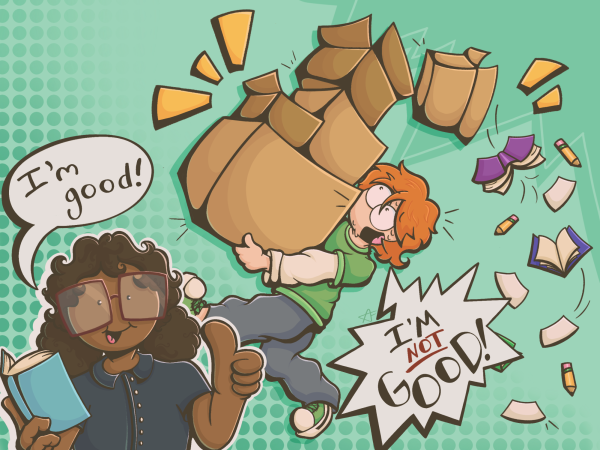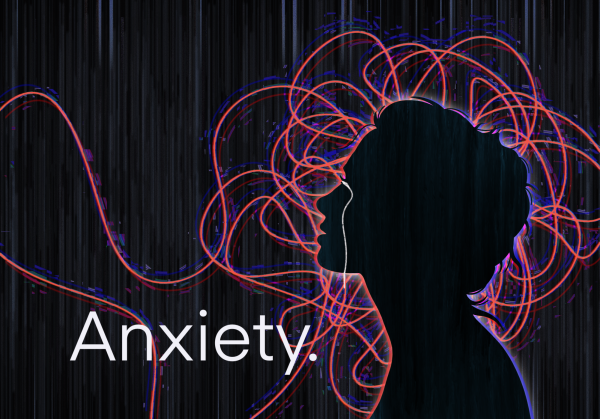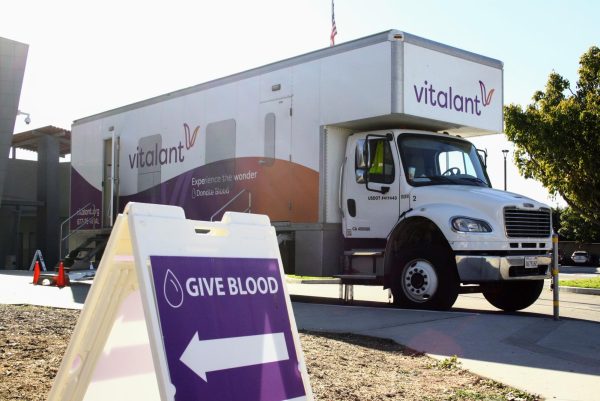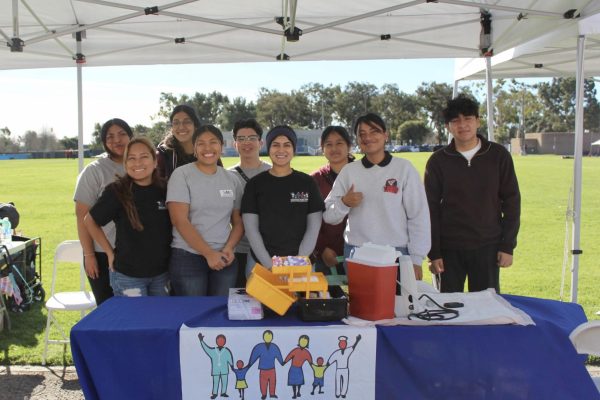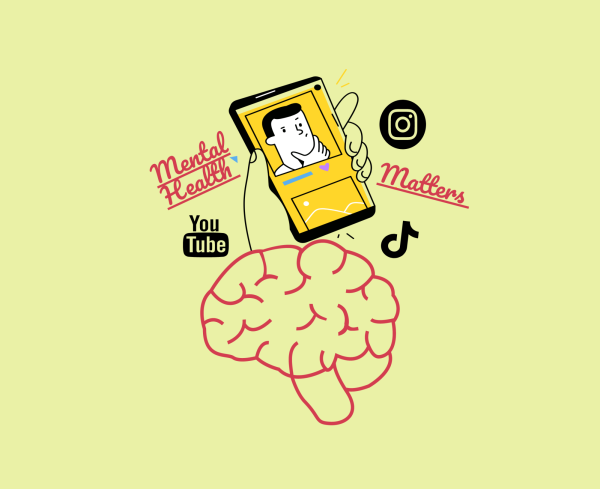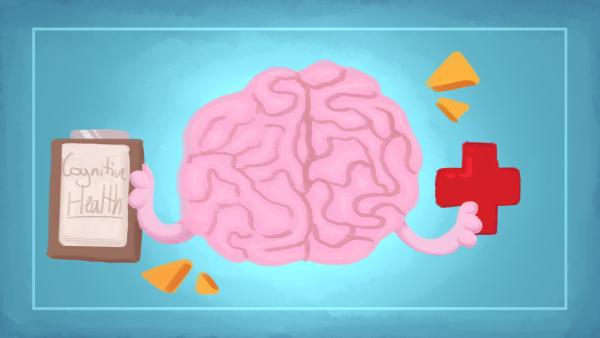Maysun Piquette ’22: On living with chronic illnesses and overcoming a brain tumor
Maysun Piquette
Maysun Piquette ‘22 leads a relatively normal teenage life despite her medical conditions.
Tell me a little about your story.
“When I was 13, I was diagnosed with a Pilocytic Astrocytoma brain stem tumor. My tumor first grew in the medulla and traveled down the brainstem and around the spinal cord.” Due to the tricky location, doctors could not remove her tumor during her craniotomy and laminectomy decompression surgery. After over a year of chemotherapy, the tumor was then deemed inactive and Maysun’s doctors decided it was safe to take her off chemo. Juvenile Astrycoda brain tumors are rare and in most cases, benign (non-cancerous). The tumor is usually slow-growing and does not spread to other parts of the brain tissue.
How are you doing now?
After living with years of symptoms, Maysun was officially diagnosed with Ehlers Danlos Syndrome (EDS) and Postural Orthostatic Tachycardia Syndrome (POTS) this year. Symptoms such as headaches, vomiting and trouble breathing are a result of increased pressure on the brain. Maysun considers herself lucky, as the only symptom she acquired from this list is headaches. However, having a brain tumor and needing surgery is harrowing for anyone, especially a young teenager like Maysun.
So, what exactly is POTS and EDS?
POTS is a condition that affects blood flow. This causes an abnormal increase in heart rate, after going from standing to sitting. Ringing sounds, swelling in hands and feet, blurry vision, and high heart rate. EDS, or “elastic skin syndrome” are a series of disorders that affect the skin, joints and blood vessels. No cure for either, but increased fluids, salt, light exercise and medications can help ease the symptoms. EDS is a genetic connective tissue disorder. The hyper-mobile form of the condition runs in Maysun’s family; her sister has a very severe case, while her mom has a mild case like Maysun’s. It includes easy bruising, popping and grinding feelings in the body. It is rare, hard to diagnose and is especially difficult to find doctors on the West Coast that specialize in the condition.
How have your health conditions and brain tumor made a difference in your life?
“I can’t enjoy the strenuous activity that I used to do,” says Maysun, “such as dancing, hiking and running.” While hot days mean beach days with friends for every other teenager, Maysun is forced to stay inside because of her heart rate rising dangerously. She stays on top of her conditions by carrying a water bottle everywhere and tracking her heart rate with her smartwatch.
“Invisible Illness”
“I do have certain things that make my life more challenging,” admits Maysun. Despite this, she still leads a pretty normal teenage life. “Looking at me, you would never know that I am sick in any way.”
What would reaching your goal and getting a service dog mean to you?
“It would mean so much to me, both physically and emotionally,” says Piquette. Physically, the dog would perform a certain list of trained tasks such as item retrieval, which will limit Maysun’s trips up the stairs and bending over, in turn keeping her heart rate from skyrocketing. Maysun’s sister has one of the worst cases in America (26 surgeries), and her service dog helps her immensely. Her service dog will also help with leg compressions, which consists of the dog laying or sitting on Maysun to stop the blood from pooling in her feet. When people with POTS stand, the blood that pools in their feet doesn’t circulate well and it leads to an increased heart rate.
Emotionally, having a service dog will help Maysun with her severe anxiety disorder and panic attacks. The dog will perform “interruption therapy”, essentially helping Maysun by distracting her during a panic attack.
Getting a service dog is a hefty cost for one family, and Maysun is so grateful for the donations that she has gotten already. If you are interested in helping Maysun reach her goal and live an easier life with EDS and POTS, visit the link below.
https://youngbrave.fund/projects/maysun-piquette/


